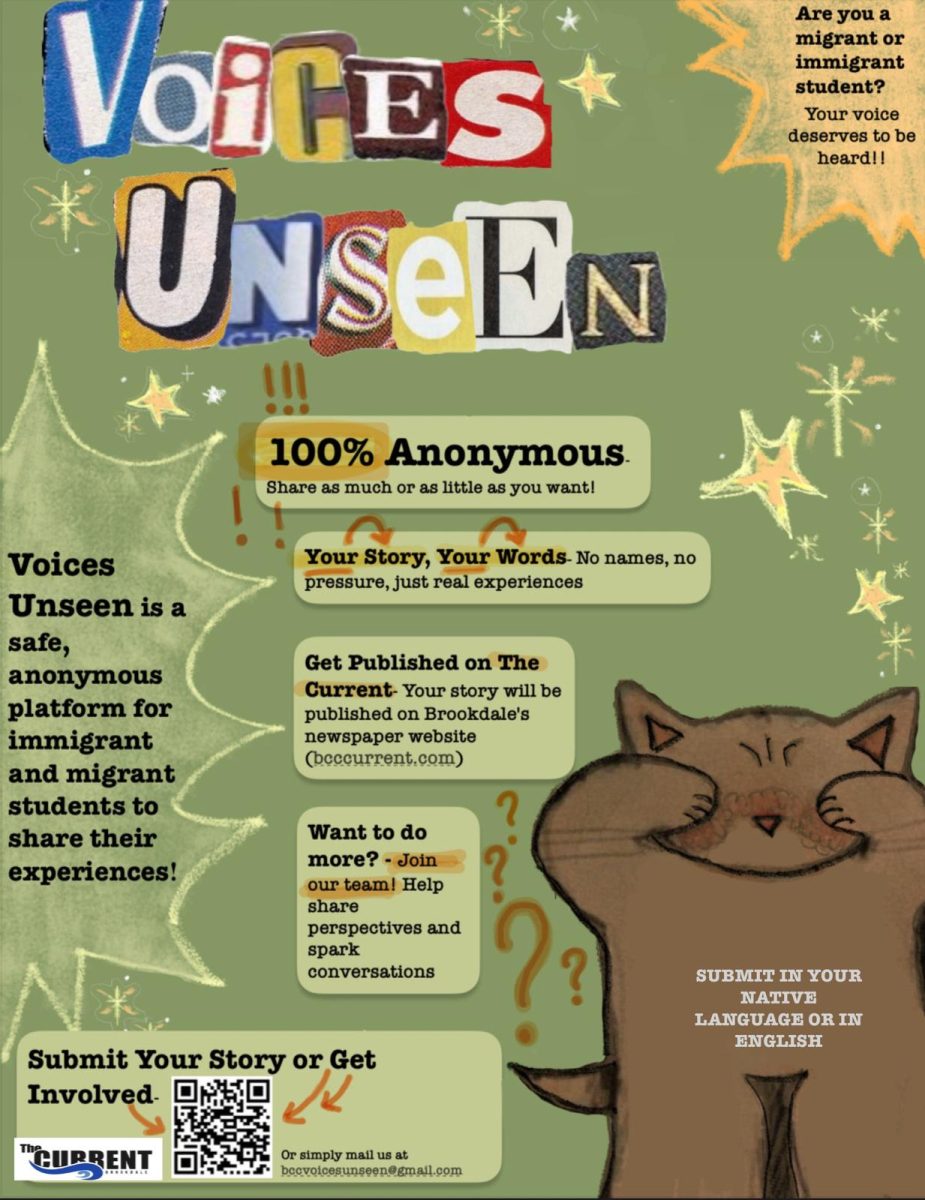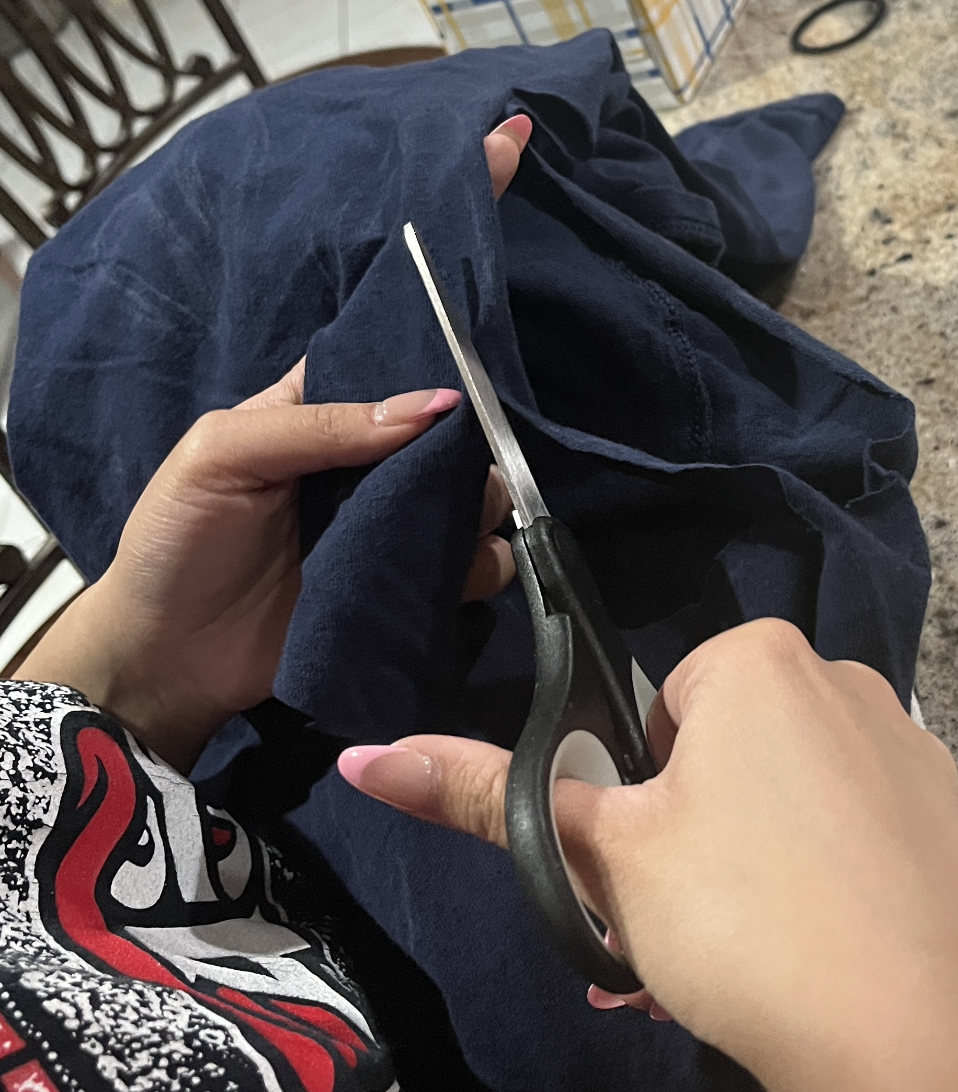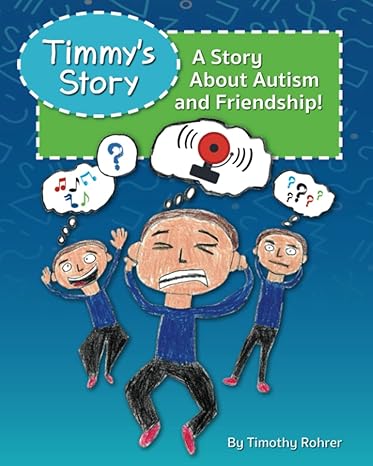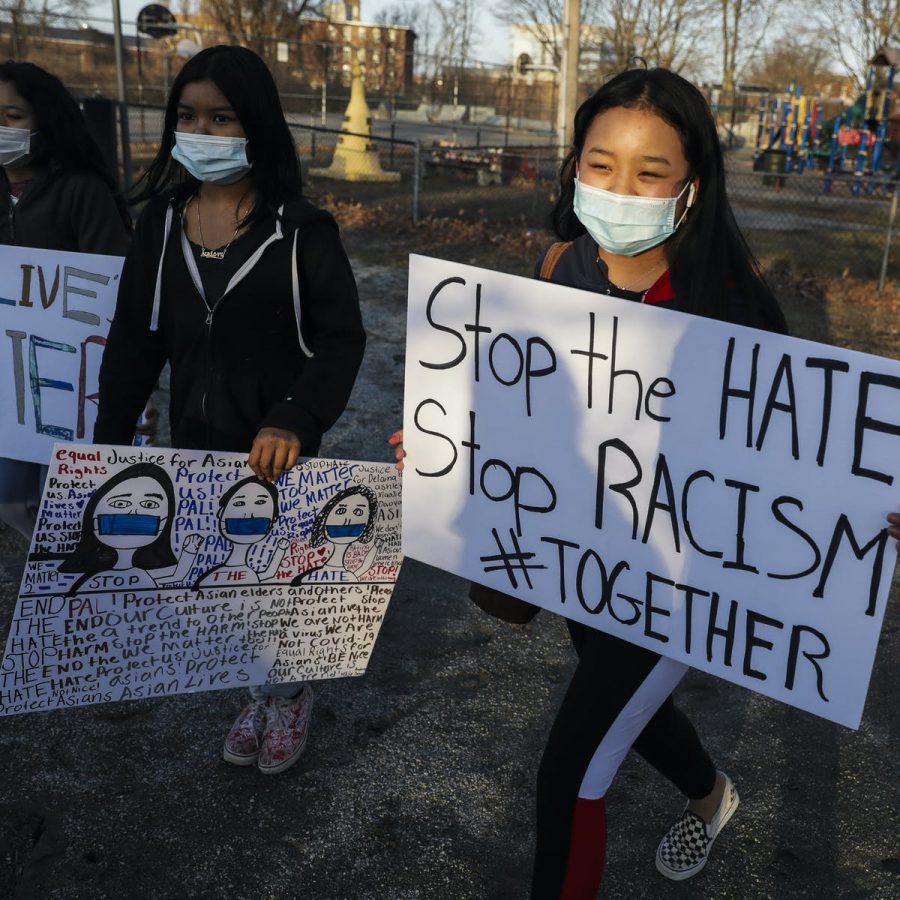Stop Hate Against Asian Americans
March 29, 2021
On the afternoon of March 19, an elderly Asian American woman, Xiao Zhen Xie, was robbed and knocked to the ground during an attack that was caught on camera in Daly City, California. The video of the attack came as California Governor Gavin Newsom visited San Francisco to discuss the string of attacks.
“You’ve got to prosecute those that are perpetrating these acts of violence, period, full stop. We have to be there for the victims and be supportive for the victims more than we have been, candidly. And we’ve been talking about those issues, we were just talking about those a moment ago,” Newsom said on March 26.
This attack brings attention to the rise in discrimination and violence against Asian-Americans during the COVID-19 pandemic. According to the group Stop AAPI Hate, over 3,000 anti-Asian hate crimes have been reported in the United States since the start of the pandemic. The amount of hate crimes, harassment, and discrimination against Asian Americans in the United States has increased by 150 percent during the COVID-19 pandemic.
There has been a long history of xenophobia against Asian Americans. In 1875, Congress passed the Page Act, which prevented Chinese women from immigrating due to the mistaken belief that they were immoral and unscrupulous people. As a result of this law, Chinese women felt pressured to prove that they were not prostitutes before they could enter the United States.
During the wars in the Philippines, Korea and Vietnam, American servicemen abused women who had turned to sex work. In the 1960s, the United States negotiated a deal with Thailand to be a “rest and relaxation” center for military officials fighting in Vietnam. This contributed to the development of Thailand’s modern-day sex tourism industry.
The media also intensifies the belief that Asian women will submissively fulfill men’s sexual fantasies. Consequently, Asian women become more vulnerable to sex trafficking and attacks like the ones in Atlanta and Daly City. All Asian Americans, especially elderly men, are perceived as nonaggressive, deferential, and unable or unwilling to fight back.
Anti-Asian American prejudice is rampant today during the ongoing pandemic. The phrase “Kung Flu” virus reflects people’s tendency to blame Asian Americans for causing the pandemic and bringing the coronavirus into the United States. Due to this racial bias, people have avoided Asian American-owned businesses, which has caused Asian Americans to have among the highest unemployment rates in the country since the start of the pandemic.
Since not all hate crimes are considered criminal acts, Stop AAPI Hate has discussed new ways it can monitor incidents that do not meet the criteria for a hate crime. “Part of what we want to get across is that it’s important not just to address hate crimes, but we also have to track and address at a root level hate incidents,” said Assemblyman David Chiu (D-San Francisco).
“The fact that we have so many vulnerable members of our community that feel unsafe being in public spaces, that should be a concern to not just for the Asian American community, but everyone,” said Stop AAPI Hate co-founder Cynthia Choi. “Stop AAPI Hate aims to collect data on anti-Asian hate incidents, provide multilingual resources and technical assistance for Asian Americans, support restorative justice efforts, advocate for policies that protect civil rights.
In addition to Stop AAPI Hate, Xiao, the elderly Asian American who was attacked, is working to put an end to structural racism. She will use the $1 million she received in GoFundMe donations to serve the Asian American community. Xiao’s grandson, John Chen, wrote: “Xiao said we must not submit to racism, and we must fight to the death if necessary. She insists on making this decision saying this issue is bigger than her.”
We must follow the examples of Stop AAPI Hate and Xiao. We also must continue to fight structural racism instead of accepting it. The overt and covert discrimination against Asian Americans is absolutely unacceptable. Asian Americans make many worthwhile contributions to our country and are entitled to the same rights and opportunities as other people. We must work together to raise awareness of discrimination and activate for change. After all, multiculturalism is one of our country’s greatest assets, not liabilities.



























